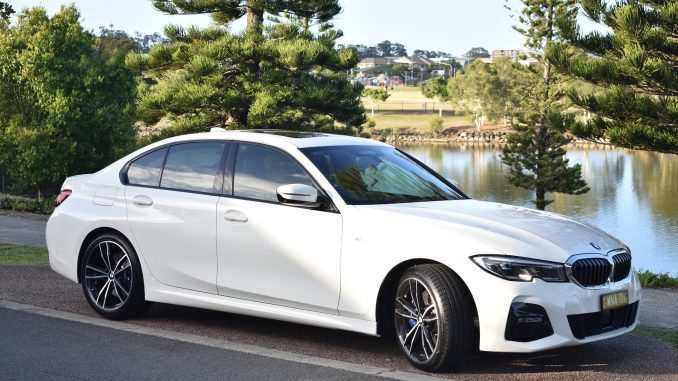
Leasing is a way to drive a new car that doesn’t require you to put down a sizeable down payment, but it’s not always the right choice. When you’re leasing a vehicle or equipment leasing, the financial aspects of the process can be daunting. You’ll want to ensure that you’re making the right choices for your situation and that you are in control of your payments. To get the most out of leasing, you need basic knowledge about how it works and its benefits and drawbacks. Here are some basic financial strategies to help you manage vehicle leasing:
Understanding the Basics of Leasing
Leasing is a financial agreement between you and a leasing company in which you use a vehicle for a set period and pay for it in monthly installments. Leasing can benefit both sides: the lessor (the leasing company) makes money from the interest charged on your payments, while you get to drive around in an expensive car without having to pay all at once.
Leasing has its downsides, though–you’ll have to give up ownership of your car when your lease expires and may end up paying more than if you bought outright or financed through another source like bank loans or credit cards. If this sounds like something that could happen to someone else but not yourself, take heed! The reality is that leases are easy targets for companies looking to make money off unsuspecting customers–and many people fall prey every year because they aren’t aware of how leases work before signing one themselves
Research on the lease payment options available to you
One of the most common methods to get a good deal of your finance is by taking advantage of rebates, discounts, and incentives that are offered by the manufacturer of your vehicle.
These can be found on websites. These incentives may change over time so it’s important to check back regularly if you have a specific vehicle in mind. Another way to save money is by comparing lease payments from multiple lenders. You can find these lenders through sites. Just enter in information about your loan request and they’ll give you up-to-date quotes from their network of lenders who specialize in leasing cars.
Figure out whether or not it’s worth it to lease versus buy, and how much each option will cost over time.
When you’re deciding whether to lease or buy a car, it’s important to consider the cost of each option over time. This is because leasing and buying are both long-term decisions, and you’ll want to make sure that the total cost of your purchase doesn’t exceed what you’d pay if you were to lease instead. To make this comparison, calculate the cost of leasing versus buying by determining how much interest you’ll pay on each option. Then, add up all costs associated with each option over the course of their life spans.
For example, let’s say that you’re considering purchasing a car for $30,000 that has a five year life span and an interest rate of 6%. The monthly payment would be $1,000 in addition to taxes and insurance fees.
Assuming that this car will lose half its value after five years (a conservative estimate), its net worth will be $15,000 at the end of its life span. Now let’s say that instead of buying a car outright, you decide to lease one for two years at $600 per month plus taxes and insurance fees (assuming those costs remain constant). The total amount paid over those two years would be $12.
How to Get Out of a Vehicle You’re Leasing Early
While it’s tempting to want to get out of a lease early, there are several options for you to consider:
- Find a buyer. If you have an interested party in mind, sell your vehicle directly to them. You can advertise on Craigslist or through other online classifieds sites like Autotrader.com or eBay Motors (which also has a section dedicated specifically to used cars). If the car is in good condition and has been well maintained, chances are someone will buy it from you at market value–and then you won’t have any more payments!
- Sell yourself! If no one else wants your car and there aren’t any places where people go looking for vehicles like yours (like at trade shows), consider selling it yourself by placing an ad on social media sites like Facebook or Twitter (or even Instagram!).
- Make sure that whatever photos/videos include enough detail so potential buyers can get an idea of what they’re getting into before agreeing with anything face-to-face; this way everyone stays happy throughout this process – especially since most people don’t want surprises when buying something new… unless those surprises involve free ice cream cones!
Conclusion
Leasing a vehicle is a great way to get behind the wheel of a new car without paying all the upfront costs. Leasing is a great option if you need extra flexibility to afford to own a new car or truck while paying off outstanding loans on other vehicles—or if they’re just too expensive for your budget right now.
Leasing allows you to keep your vehicle for a shorter time and get a new one every few years, which may be ideal if you have bad credit or want to keep your vehicle for a long time. Leasing also allows you to avoid paying taxes on the car when it’s sold at the end of your lease agreement. With the right financial strategies and planning, you can ensure that leasing works for you instead of against it.








